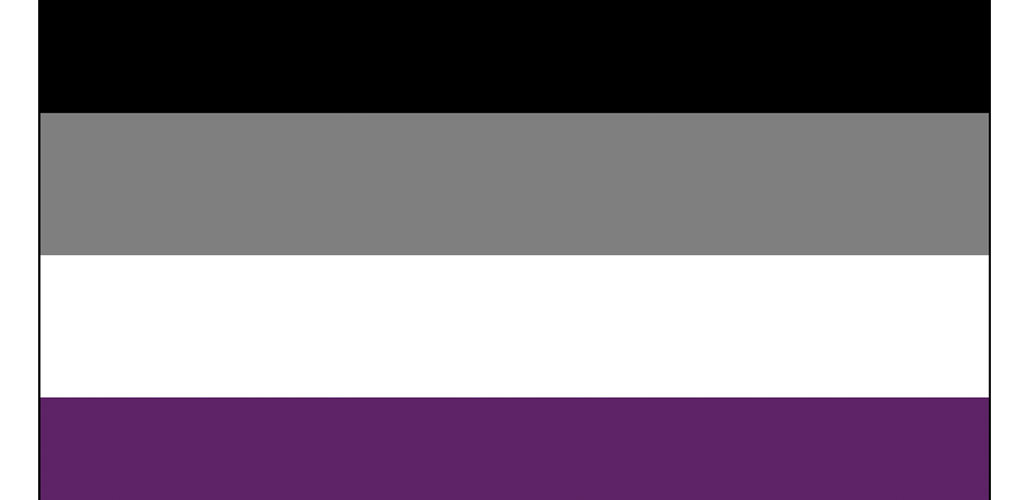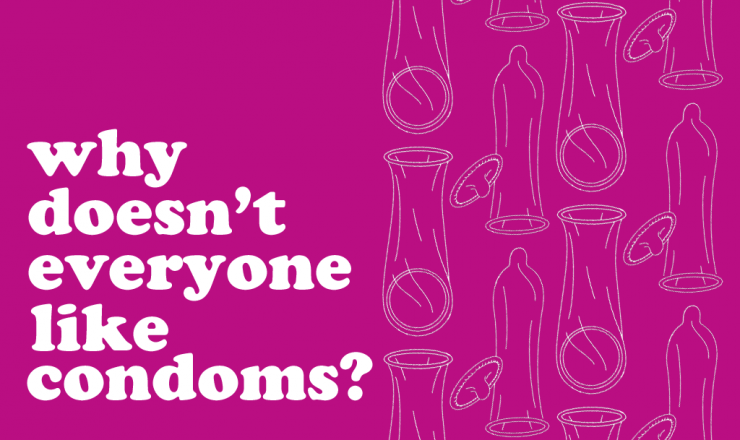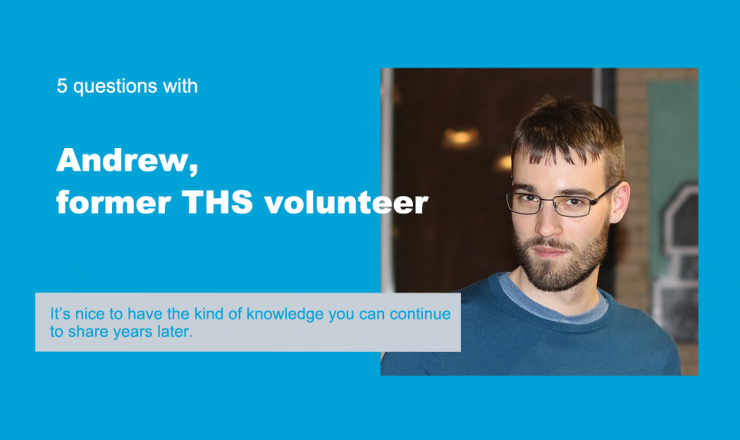

From the lovely folks at Ace Toronto:
Asexuality: a sexual orientation or identity describing people who experience little or no sexual attraction (and/or sexual desire for sexual contact with others)
Asexuality is a sexual orientation, which means that its something that a person feels internally. It is not a choice, but a part of who someone is (unlike celibacy or abstinence, which are ways people choose to not have sex). It is important to recognize that we live in a highly sexualized society. Sex and romantic relationships are central to so much of our media, music, gossip, goals — even kid’s stories and fairy tales. This can be really difficult for asexual people, and they experience a lot of discrimination as a result.
Like all sexualities, everyone who identifies as asexual is different:
There are many ways to support your asexual friends, family, crushes and partners. Here are a few basic tips:
Don’t ask asexual people why they don’t like sex or expect them to explain themselves to you. If someone is asexual, that’s totally cool and normal. Lots of people are asexual/aromantic.
Asexual people don’t have (or don’t have many) sexual feelings for others. Keep that in mind and be aware that there’s asexual people are around you at school, work in your family and your friend group.
You want to do this privately and respectfully so you don’t out them or make it more uncomfortable, especially in a group. It’s a way of showing you respect them and want to make them feel safe and comfortable.
Living in such a sex-focused world, sometimes we put too much focus on sexual and romantic relationships. Asexual people have lots of important and loving relationships with their friends, family, etc. It’s good to remember that we have lots of different kinds of relationships in our lives, and sexual/romantic ones aren’t the only ones worth talking about.
Its not someone’s job to explain their experience to you or teach you about a group of people. You can find information about asexuality through the internet, books, articles, movies, etc. There is lots of information out there for you to teach yourself. Asexual people (and their allies) put a lot of work into making these resources so they would not have to talk about it all the time.
Below is a great list of resources for folks who have questions about asexuality:
If you have questions about this topic, feel free to contact one of our peer educators. [Link]
Last Updated: April 2020

People give a lot of reasons for why they don’t like using condoms. But are these reasons legit? This post explores some of the things people say to get out of using condoms, and also offers up some solutions to work through the excuses!

Did you know that Teen Health Source has been around for 25 years! To help celebrate our 25th Anniversary, we’re checking in with some of our previous volunteers. Today we’re hearing from Andrew!

Are you a queer youth in Toronto who is looking to find spaces to meet other queer youth that are welcoming and safe?